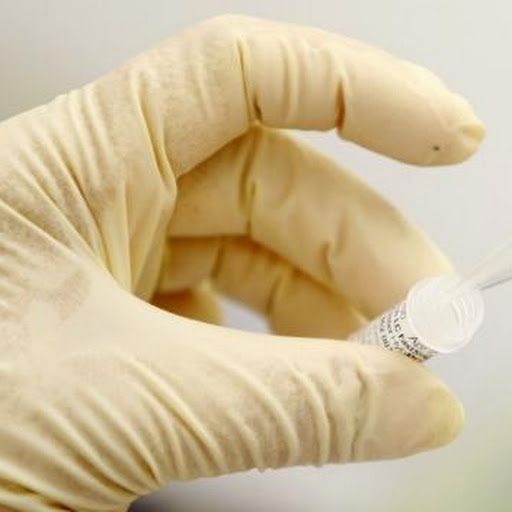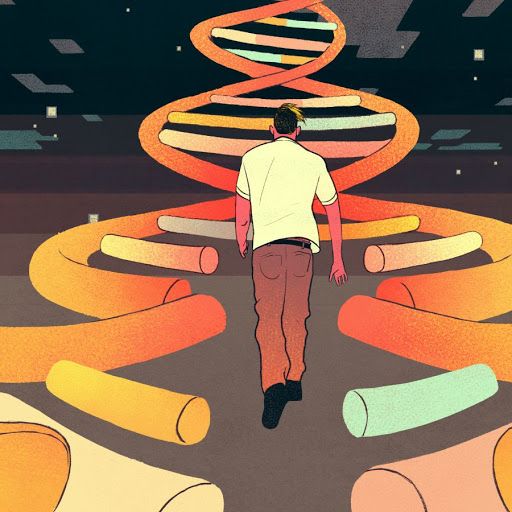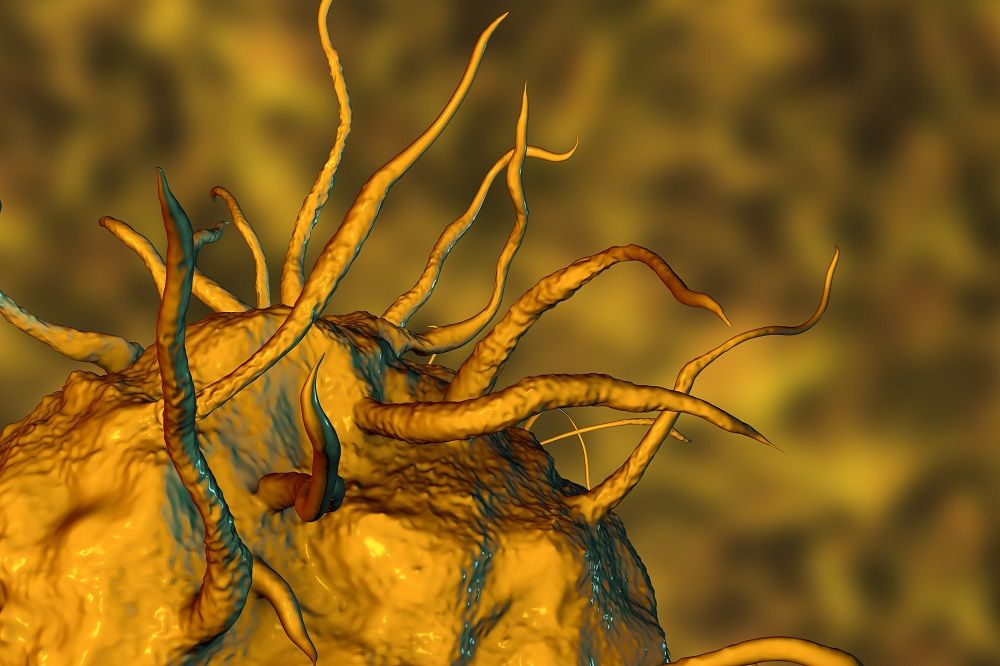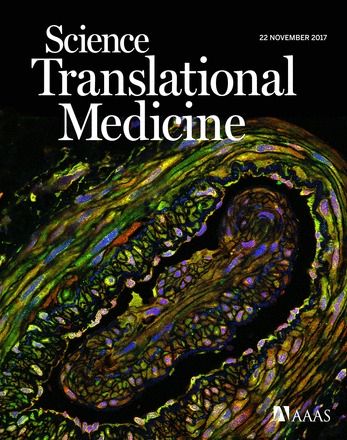Nov 29, 2017
New Semi-Synthetic Organism Can Make Molecules We’ve Never Seen Before
Posted by Shane Hinshaw in categories: bioengineering, biotech/medical
Scientists have expanded the building blocks of DNA to create a stable semi-synthetic organism that can produce biological compounds entirely new to nature.
The DNA that makes up essentially all living things on Earth consists of arrangements of four basic nucleotides, but the new life-form developed by researchers in the US makes use of six – and that’s where things get interesting.
The semi-synthetic organism (SSO) engineered by a team at the Scripps Research Institute in California is made from the same four regular nucleobases as you and I – adenine (A), cytosine ©, guanine (G), and thymine (T) – but it’s also got two unnatural nucleotides to call upon.
Continue reading “New Semi-Synthetic Organism Can Make Molecules We’ve Never Seen Before” »

















